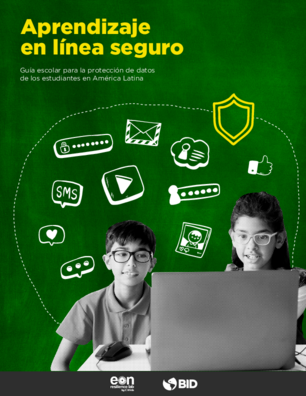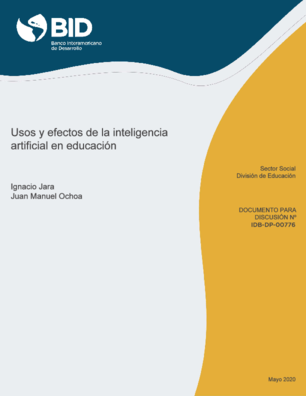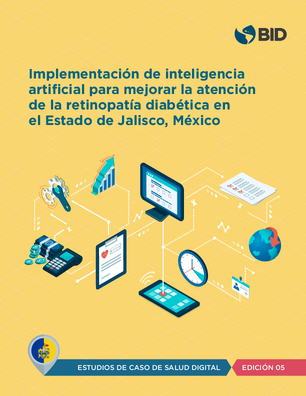Back to Observatory
LAURA
In May 2010, a baby girl named LAURA Fressatto was born prematurely at a hospital in Curitiba. She remained in the neonatal ICU for 18 days but developed sepsis (a type of clinical deterioration) and could not survive. LAURA is an artificial intelligence platform for saving lives by evaluating a patient’s risk and managing processes. With a powerful AI cognitive robot able to compile and analyze large amounts of data, LAURA provides the most efficient way to identify patients with a clinical deterioration and notifies the health care team in real time. LAURA does this by “reading” medical care electronic records and using robust machine learning for the forecasting of results.
Description of the service
LAURA may predict a patient’s deterioration at a hospital based on Artificial Intelligence algorithms. The lack of early patient deterioration recognition is one of the main contributors to mortality. The LAURA data set already has over 2.5 million patients and this knowledge is used to train its Machine Learning algorithms. LAURA uses traditional machine learning as well as more advanced techniques based on deep learning. The main advantage of LAURA is that its inferences are based on a patient’s timeline, which means that his/her clinical file is analyzed to identify the risks.
The alert warnings provided by the LAURA Machine Learning algorithm are shown in a Control Panel that is available at the nursing unit of every hospital department. Using the ideas of collaborative games theory, all patients at risk are shown on this Panel and the healthcare team must work in collaboration to assist these patients. When an at-risk patient´s vital signs improve up to a secure level, they are no longer shown on the Panel. The medical care team works in cooperation to help and support all patients with risks identified by LAURA.
Country of origin
Geographic scope of operations
Brazil
Website
https://www.laura-br.com/Type of executing entity
Not-for-profit organizationSector/industry
Stakeholders involved
LAURA partners
It may interest you
Esta guía fue diseñada para el personal directivo y docentes que buscan fortalecer la protección de los datos de los estudiantes en las plataformas en línea de sus instituciones educativas.
En este documento se abordan los impactos de la inteligencia artificial en la educación
El presente documento presenta un estudio de caso de un proyecto piloto en el estado de Jalisco que utilizó inteligencia artificial (IA) para el tamizaje de la Retinopatía Diabética.



